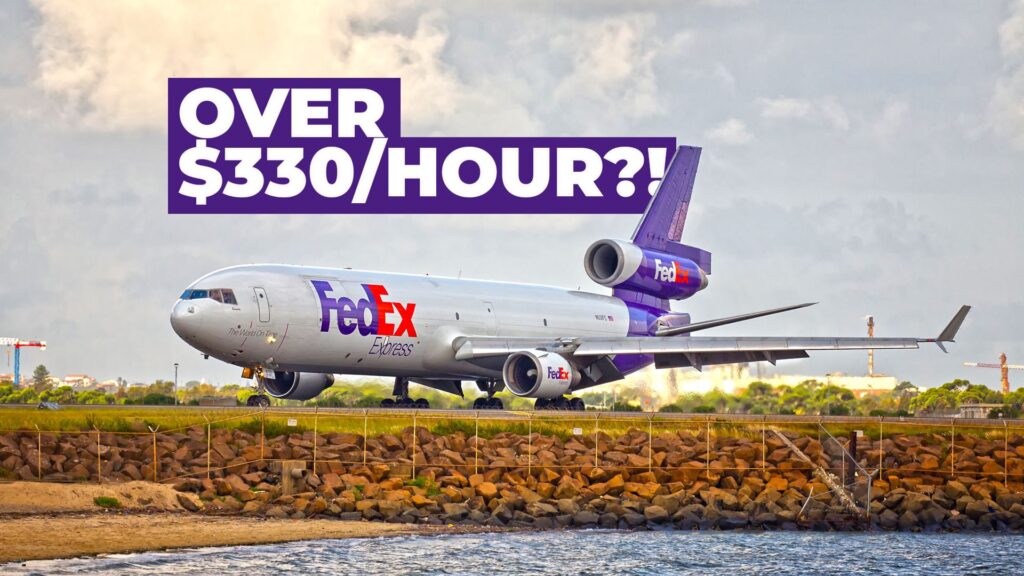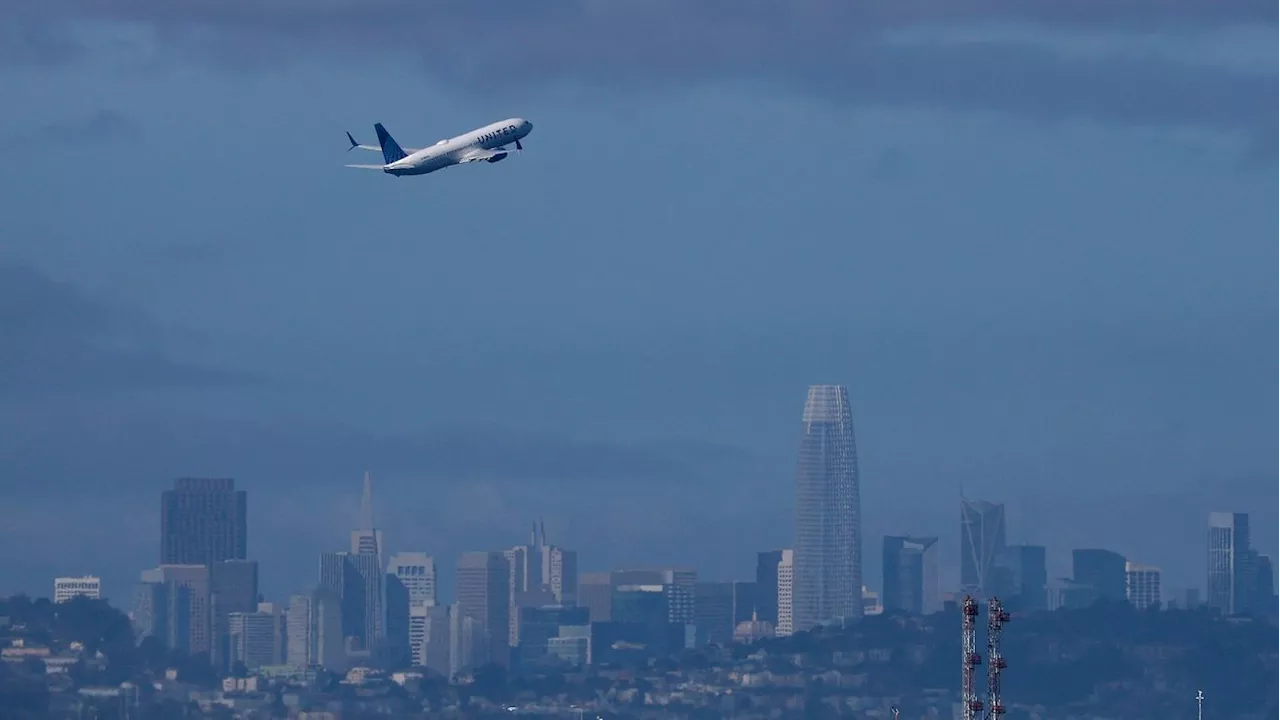
FedEx Express is set to offer competitive salaries for its pilots in 2025, with compensation structures that reflect the company’s status as the largest cargo airline globally. Employing over 5,800 pilots, the airline operates nearly 400 aircraft, providing essential air cargo services to more than 375 destinations across six continents. The pilot workforce is unionized under the Air Line Pilots Association (ALPA), which plays a crucial role in negotiating salaries, benefits, and working conditions.
Salary Overview for FedEx Express Pilots
According to data from ThrustFlight, the average basic salary for a FedEx Express pilot starts at approximately $80,000 annually and can exceed $200,000 for more seasoned pilots. The salary framework indicates that First Officers can expect to earn the following in their first three years:
– Year 1: $77,760
– Year 2: $162,240
– Year 3: $197,760
Captains, who enjoy higher ranks, see significantly better compensation, as illustrated below:
– Year 1: $224,640
– Year 2: $253,440
– Year 3: $268,800
These figures do not account for additional per diem payments or 401(k) contributions, which can substantially enhance total earnings. Pilots exceeding the guaranteed minimum of 74 flight hours per month will also receive increased pay.
Bonuses and Additional Compensation
FedEx Express pilots benefit from various bonuses and incentives that enhance their overall compensation. Notable bonuses include:
– **Holiday bonus**: Up to 50% of the monthly salary for working during peak seasons, such as between Thanksgiving and Christmas.
– **Profit sharing**: Up to 20% of annual salary, contingent on the company’s financial performance.
– **Overtime pay**: Time-and-a-half for hours worked beyond 80 in a month, with double time for hours exceeding 90.
– **Delay pay**: 150% of the hourly wage for delays over two hours.
– **Trainer pay**: An additional 10% salary increase for those training new pilots.
– **International pay**: Bonuses up to 20% for operating long-haul international flights.
– **Seniority pay**: Bonuses of 12% after 12 years, increasing to 15% after 15 years.
Overall, these bonuses can add up to an impressive $100,000 to the annual salary of experienced pilots. Captains can anticipate total earnings in the range of $350,000 per year.
Comparison with Competitors
When assessed against other cargo carriers, FedEx Express provides one of the most attractive compensation packages for pilots, particularly for those at senior levels. UPS Airlines, the closest competitor, may offer higher salaries for experienced captains, reportedly exceeding $390,000. In contrast, pilots at independent cargo operators such as Atlas Air and Kalitta typically earn between $150,000 and $200,000. Moreover, pilots at Amazon Air experience significantly lower salaries, with reports indicating captain earnings that can be up to a third less than those at FedEx Express.
Geographical Presence and Pilot Requirements
FedEx Express operates from its headquarters located at Memphis International Airport (MEM), with additional bases in major cities worldwide, including:
– **North America**: Los Angeles International Airport (LAX), Anchorage Ted Stevens International Airport (ANC), Indianapolis International Airport (IND).
– **Asia**: Hong Kong International Airport (HKG).
– **Europe**: Cologne Bonn Airport (CGN).
To qualify as a pilot with FedEx Express, candidates must hold a Bachelor’s degree from an accredited institution and possess at least 1,500 hours of fixed-wing flight time, ideally with experience on jet aircraft. Regulatory requirements, including holding an Airline Transport Pilot certificate and passing a pre-employment drug test, are also mandatory.
FedEx Express offers two pathways for aspiring pilots: a military route, often favored by former military pilots, and a commercial route, where candidates accumulate flight hours with other airlines or cargo operators.
FedEx Express: A Leader in Air Cargo
Founded in 1971 in Memphis, Tennessee, FedEx Express has grown to be the world’s largest cargo airline by fleet size, operating over 380 aircraft. Known for its overnight delivery services in the United States and international express services, the airline continues to expand its presence with a network that includes regional hubs in key locations such as Miami, Delhi, and Singapore.
The COVID-19 pandemic increased global air cargo demand significantly, benefitting FedEx Express despite recent challenges, including rising fuel costs and intensified competition from rivals like UPS Airlines and DHL. The rise of e-commerce has also prompted traditional cargo carriers to adapt and innovate.
Commitment to Sustainability and Safety
Sustainability is a priority for FedEx Express, which aims for carbon-neutral operations by 2040. The airline is investing in aircraft modernization and more fuel-efficient delivery methods. With a strong safety record, FedEx Express has experienced only one fatal accident in over 30 years of operation, which occurred in March 2009 at Tokyo Narita Airport.
As FedEx Express continues to navigate the complexities of the air cargo industry, its competitive pilot salaries and commitment to safety and sustainability will play pivotal roles in attracting and retaining top talent, ensuring efficient operations in a rapidly evolving market.






